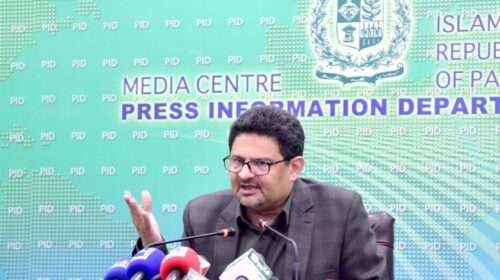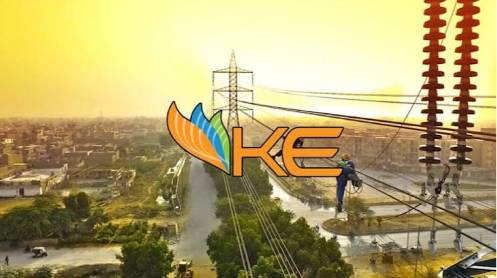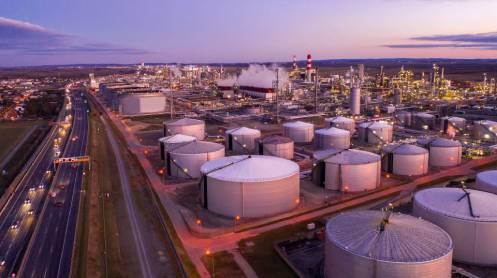Finance Minister Miftah Ismail has said abolishing the subsidies on petroleum products till July was imperative to prevent the country from going bankrupt, hinting at another increase in the prices of fuel that whizzed past records earlier this month.
Speaking to a private television channel, the finance minister said the International Monetary Fund (IMF) has asked the government to withdraw subsidies on petroleum products.
Explaining the rationale behind the decision, he said the failure in increasing the prices would presage “destruction” as the global money lender would not ink a deal with the country.
“I have told the prime minister that we have to take tough decisions. The prime minister is unhappy with increasing the prices of petroleum products. Whenever I send a summary in this regard, the ministers curse me,” Miftah lamented.
The finance minister claimed that the government was still giving Rs19 subsidy on petrol and Rs53 subsidy on diesel, adding that Sri Lanka also gave subsidies to its public and it, eventually, defaulted.
“Today, Sri Lanka is purchasing expensive oil and they do not have funds to buy medicines for their people,” the finance minister said as he warned of a similar situation in Pakistan.
He said that once the agreement with the IMF is reached and Chinese banks extend their loan facility to Pakistan, the market will regain confidence.
Read IMF against blanket food, fuel subsidies
‘Govt trying to tame inflation’
He said that the government was trying hard to control inflation and it will be overcome in two to three months.
“It was responsibility of the government to put country’s economy on right track,” he said while talking to the private news channel.
He said to mitigate the deficit, the program’s revival with International Monetary Fund was necessary to bring down inflation at earliest, for betterment of the economy.
He said the government will try to negotiate over the terms of IMF programme which the former Pakistan Tehreek-e-Insaf’s government committed to it.
This he said would be done for market stability and will ensure provision of essential items on cheaper rates.
He said, despite IMF conditions, the government was giving subsidy on oil, ghee, sugar and flour items for easing burden of poor people, adding that there were structural problems in the country as there was no one who had the will to resolve them except the incumbent federal government.
Read Rupee dips to new low on delay in IMF programme
‘Unprecedented economic woes’
Meanwhile, Ismail while addressing a post-budget conference, lamented that lawmakers were angry with him on the proposals to increase the price “but I have no other option and if they do not take action then the country will default”.
“Pakistan’s economic situation has never been so bad in the past as it is facing now,” he said. It would take two to three months for the incumbent government to control inflation, he added.
The finance czar said that the incumbent government was facing a circular debt of Rs2,500 billion and NEPRA was taking five months old price, adding that instead of giving a subsidy of Rs1,100 billion to the energy sector the government was still not able to get out of the current economic crisis.
“We are bringing shopkeepers into the tax net,” he said adding that many people had complained about the quality of the flour.
Ismail said that the prices of oil were increasing in the international market while the rising cost of coal had also increased the cost of production of electricity.
Hinting at an increase in the price of gas, he said that the gas departments have been facing a deficit as the circular debt of the gas has reached Rs1,500 billion.





